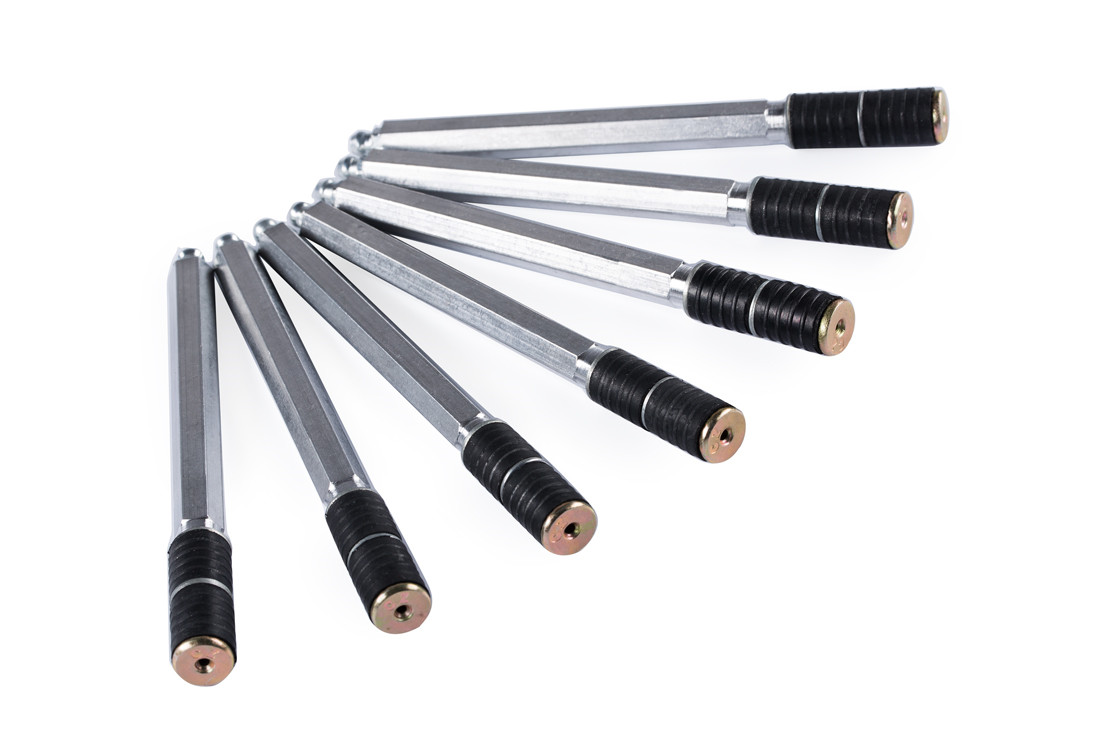
Aluminum grouting nozzle_A15cm
15cm and above nozzles are used for loose structure, and other specifications can be customized.
1. Pre-construction steps
1. Look for cracks: For wet base surfaces, first clean up the stagnant water. When the base surfaces are completely cleaned and the surface is slightly dry, look for cracks carefully and mark with the color pen or chalk along the cracks; for dry base surfaces, available after cleaning Air pump or blower blows off surface dust.
2. Drilling: According to the thickness of the concrete structure, about 150-350mm from the crack, cross-drill along both sides of the crack. The hole distance should be determined according to the actual situation on site. The principle is that the slurry can meet at the crack after two holes are grouted. Generally, the hole distance should be 300mm at the beginning; the size of the hole should be determined according to the size of the matching grouting nozzle. The 14cm drill is used for the A type nozzle, and the 10cm drill is used for the B type nozzle. The cross section of the hole and the crack should be 45-60 degrees and cross in the middle 1/3 of the bottom plate.
3. Embed the grouting nozzle: The grouting nozzle is a matching component, which is the connection part of the slurry injected into the crack. It should be fastened with tools when burying, and ensure that the rubber part of the nozzle and the hole wall are dried before use, otherwise when tightening Easy to cause slippage.
2. crack repair
1. The slurry injection should start from the first nozzle (the structure elevation is poured from bottom to top). When the slurry emerges from the crack, it should be stopped immediately, move into the second one to continue the injection, and then proceed forward. During the filling process, if the slurry has filled the position of the adjacent nozzle, it can be skipped without injection; if after the grouting, it is found that there are still cracks extending at both ends of the crack, or if there are cracks crossing it, the hole should be filled at this position and re-grouted . In this way, the first grouting of the entire crack is considered to be over.
2. In order to fully fill the cracks with slurry, secondary grouting should be performed. The second injection should be separated from the first by a period of time, but it must be completed before the slurry solidifies. If the slurry still cannot heal after two injections, the hole should be re-drilled and grouted at this location.